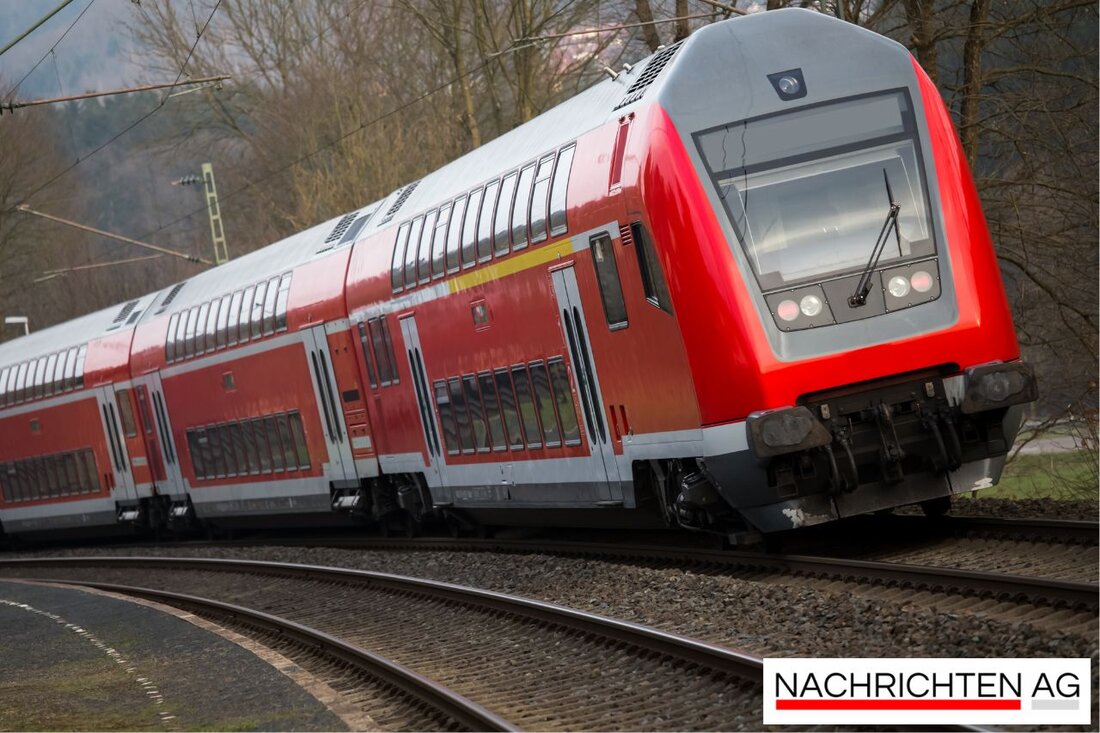Train chaos in Cologne: graffiti sprayers turn train traffic upside down!
On October 21, 2025, there was a short-term railway closure between Cologne Messe/Deutz and Cologne-Mülheim due to graffiti sprayers.

Train chaos in Cologne: graffiti sprayers turn train traffic upside down!
On Tuesday evening, October 21, 2025, there wasn't much going on with the train in Cologne, because the route between Cologne Messe/Deutz and Cologne-Mülheim had to be closed at short notice. The reason for this was a police operation that was triggered by two suspected graffiti sprayers who ran away. The operation ended around 6:50 p.m. and the lockdown was lifted, but the situation remained tense. Travelers should prepare for long delays and possible partial cancellations.
As Express reports, several railway lines were affected. These include, among others:
- RE 1 (RRX) Aachen–Köln–Düsseldorf–Duisburg–Essen–Dortmund–Hamm
- RE 5 (RRX) Koblenz–Bonn–Köln–Düsseldorf–Duisburg–Oberhausen–Wesel
- RE 7 Rheine–Münster–Hamm–Hagen–Wuppertal–Köln–Neuss–Krefeld
- RB 48 Wuppertal-Oberbarmen–Solingen–Köln–Bonn–Bonn-Mehlem
- S 6 Köln-Worringen–Köln–Düsseldorf–Ratingen–Essen
- S 11 Bergisch-Gladbach–Köln–Neuss–Düsseldorf–Düsseldorf Flughafen Terminal
A trend that worries
Graffiti graffiti is not a new phenomenon in German rail transport. In 2022, over 12.1 million euros in damage caused by vandalism, especially graffiti, was recorded nationwide. This number accounts for a large part of the damage suffered by Deutsche Bahn. As Deutschlandfunk reports, around a sixth of the damage occurred on regional and S-Bahn trains in Berlin and Brandenburg. Although there was a slight decrease in graffiti damage compared to last year, the problem remains alarming.
The incidents in Cologne are just another example of a trend that affects many cities. A similar case recently occurred in Munich, where a graffiti sprayer caused train cancellations and delays on Sunday evening. There, the suspected perpetrator was observed spraying by railway employees, which resulted in a suspension of around fifty minutes that affected around a hundred trains. Such incidents not only result in delays, but also significantly disrupt regular rail traffic, as the Süddeutsche Zeitung reports.
And while the railway tries to bring the situation under control, the question remains: How can graffiti as vandalism be combated so effectively that such disruptions become the exception rather than the rule? The hope lies in improved protective measures and controls, some of which have already been implemented. But until the situation improves sustainably, many commuters will have to be prepared for unexpected delays.

 Suche
Suche
 Mein Konto
Mein Konto